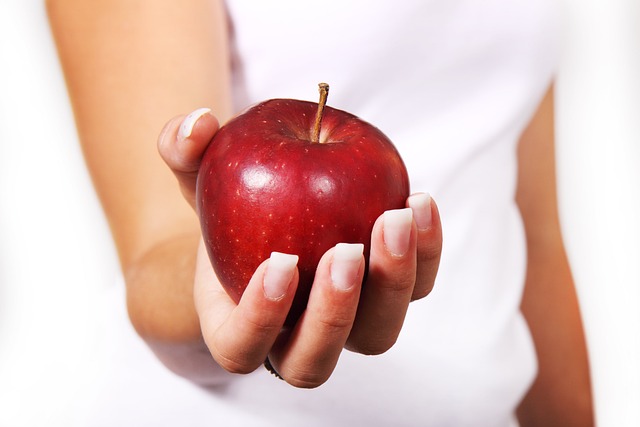Fuel Your Performance: How Probiotics Can Enhance Athletic Performance and Recovery
Athletes are constantly looking for new ways to improve their performance and enhance their recovery. Whether you’re a professional athlete or a weekend warrior, optimizing your body’s ability to perform at its best is key to achieving success. One emerging area of interest is the use of probiotics – live beneficial bacteria – to improve athletic performance and aid in post-exercise recovery.
What are Probiotics?
Probiotics are live microorganisms that, when consumed in adequate amounts, provide health benefits to the host. These beneficial bacteria can be found in certain foods and supplements. They primarily reside in our gut and help maintain a healthy balance of intestinal flora, supporting digestion and overall well-being.
Probiotics and Digestion
One of the reasons probiotics are gaining attention in the athletic community is because they can help improve digestion and nutrient absorption. Proper digestion is essential for athletes as it ensures they get the most out of their food and supplements.
Athletes often consume large amounts of calories and protein to fuel their bodies and support muscle recovery. However, consuming those nutrients alone does not guarantee proper absorption. Probiotics help break down complex carbohydrates, proteins, and fats into smaller molecules that are easier for the body to absorb and utilize effectively, ensuring athletes get the maximum benefit from their diet.
Probiotics and Immune Function
Athletes, especially those participating in strenuous training regimens, are at an increased risk of immune system suppression. Intense physical activity puts stress on the body, which may lead to a temporary decline in immune function, making athletes more susceptible to infections and illnesses.
Research suggests that certain strains of probiotics can help enhance immune function. Probiotics support the production of immune cells and stimulate the production of antibodies, helping to strengthen the body’s defense against pathogens. By supporting the immune system, probiotics may help athletes stay healthy and reduce the risk of illness or infection, ultimately enhancing their performance and recovery potential.
Probiotics and Inflammation
Inflammation is a natural response to intense exercise and is crucial for repairing damaged tissues. However, excessive or chronic inflammation can impair recovery and hamper athletic performance. Probiotics have shown promise in reducing inflammation, potentially aiding in recovery.
Studies have observed that certain strains of probiotics can decrease markers of inflammation in athletes. These beneficial bacteria help modulate the immune response and reduce the production of pro-inflammatory molecules. By promoting a balanced immune response, probiotics may help athletes recover faster and train at higher intensities without experiencing excessive inflammation.
Choosing the Right Probiotic
When selecting a probiotic supplement, it’s important to consider the specific strains of bacteria. Different strains have different effects, so choosing the right ones for your needs is crucial. Some strains have been studied specifically for their benefits in athletic performance and recovery.
Lactobacillus and Bifidobacterium are the most common genera of bacteria found in probiotic supplements. These genera encompass numerous strains, each with its specific benefits. Look for strains such as Lactobacillus acidophilus, Lactobacillus plantarum, and Bifidobacterium animalis, which have shown potential for enhancing performance, strengthening the immune system, and reducing inflammation in athletes.
Integrating Probiotics into Your Routine
Probiotics can be consumed through both food and supplements. Fermented foods like yogurt, sauerkraut, and kimchi are natural sources of probiotics. However, to ensure a consistent and adequate intake, many athletes opt for probiotic supplements.
When starting a probiotic regimen, it’s essential







